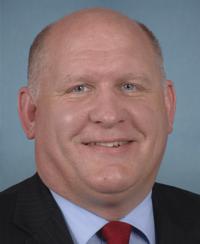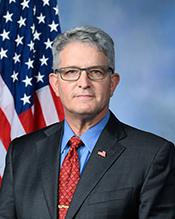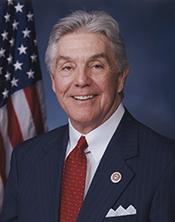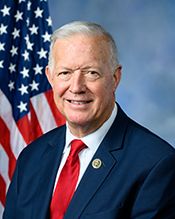0
Whole Milk for Healthy Kids Act of 2023
2/6/2024, 6:49 PM
Summary of Bill HR 1147
Currently, the USDA's dietary guidelines restrict the serving of whole milk in schools, favoring low-fat and fat-free options instead. Proponents of the bill argue that whole milk provides essential nutrients for growing children, such as calcium and vitamin D, and that the current restrictions are unnecessary and potentially harmful to children's health.
If passed, the Whole Milk for Healthy Kids Act of 2023 would give schools the option to serve whole milk to students, alongside other milk options. This would provide more flexibility for schools and allow them to better meet the nutritional needs of their students. Opponents of the bill argue that whole milk is high in saturated fat and calories, which could contribute to obesity and other health issues in children. They believe that the current guidelines promoting low-fat and fat-free options are in the best interest of children's health. Overall, the Whole Milk for Healthy Kids Act of 2023 is a controversial piece of legislation that raises important questions about the role of dairy products in school nutrition. It will be interesting to see how the debate unfolds in Congress and what the final decision will be.
Congressional Summary of HR 1147
Whole Milk for Healthy Kids Act of 2023
This bill revises requirements for milk provided by the National School Lunch Program of the Department of Agriculture (USDA).
Currently, schools participating in the program must provide milk that is consistent with the most recent Dietary Guidelines for Americans; USDA regulations require milk to be fat-free or low-fat and allow milk to be flavored or unflavored. The bill modifies these restrictions and instead permits schools to offer students whole, reduced-fat, low-fat, and fat-free flavored and unflavored milk. The milk that is offered may be organic or nonorganic. Further, USDA may not prohibit a school participating in the program from offering students any of these milk choices.
In addition, schools currently participating in the program must provide meals that meet certain nutrition requirements; USDA regulations require that the average saturated fat content of the meals offered must be less than 10% of the total calories. Under the bill, fluid milk is excluded from the saturated fat content calculation; milk fat included in any fluid milk provided by the program must not be considered saturated fat for the purposes of measuring compliance with USDA regulations.
Finally, the bill prohibits schools participating in the program from purchasing or offering milk produced by Chinese state-owned enterprises.





